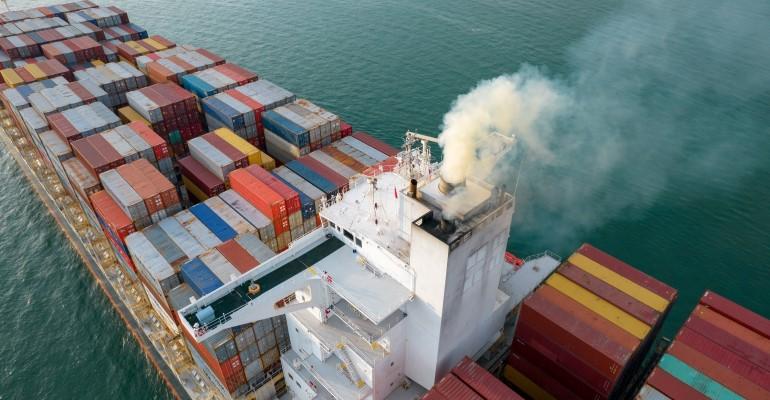There are new ambiguities in charterparty contracts over responsibilities between owners and charterers, for example. Breaches related to speed, performance, consumption, and even cargo capacity can result in significant legal ramifications, the experts said.
Commenting on the IMO’s carbon intensity indicator (CII), Ince noted that operational measures needed to improve a ship’s CII rating are interlinked with the factors normally impacting supply chain delays. The rating can be improved in a number of ways including cutting speed or lengthening voyages.
For vessels subject to Annual Efficiency Ratio (AER) requirements, reducing the intake volume of cargo can be an effective method for enhancing carbon efficiency. However, this could lead to delayed delivery due to less availability of cargo capacity.
The existing contractual framework that is widely used in the industry also reveals limitations, according to the Ince experts. While carriers traditionally enjoy a degree of freedom in their operations, they can’t guarantee exact delivery times, leading to potential legal disputes. Under UAE Maritime Law, for instance, carriers are held responsible for delivery delays, and any clauses attempting to limit this liability are deemed void.
For the industry to navigate these issues, it’s imperative to address the shortcomings of the current framework, the lawyers said. This includes clarifying jurisdictional matters, refraining from blanket exclusions concerning cargo delay liabilities, and updating contractual clauses to account for potential delay scenarios.
Copyright © 2024. All rights reserved. Seatrade, a trading name of Informa Markets (UK) Limited.
Add Seatrade Maritime News to your Google News feed.  |

